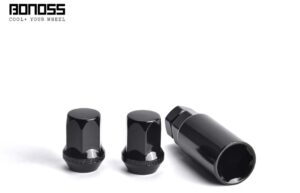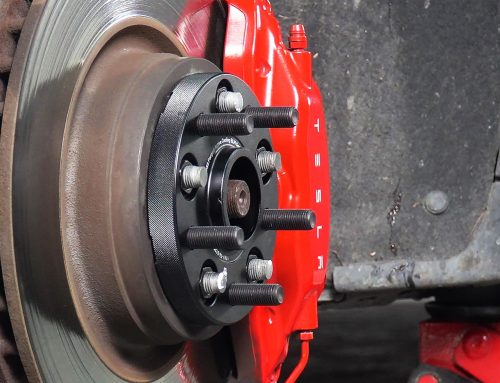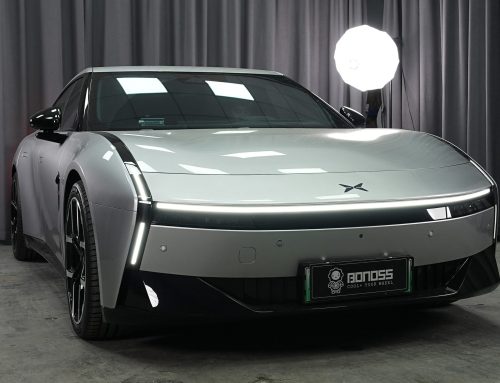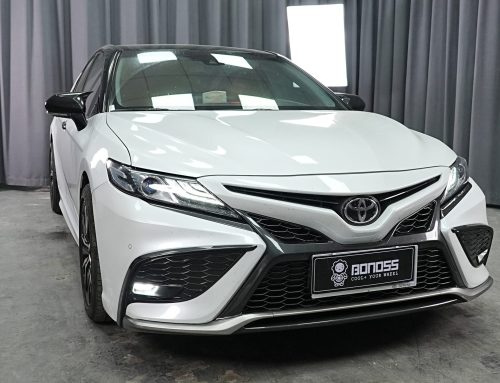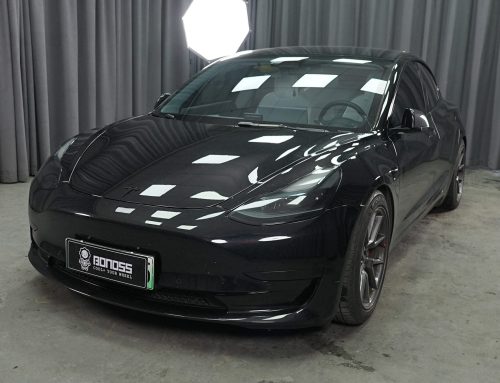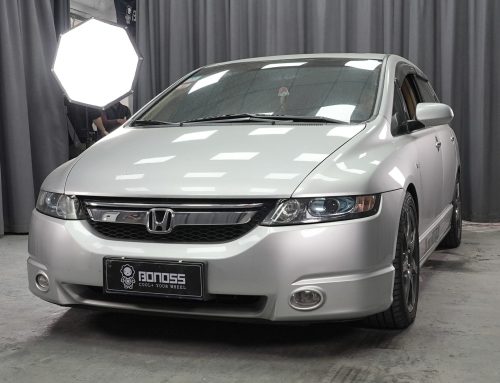If you’re a modder who loves to tweak your Toyota 4Runner, you might be curious about what kind of lug nuts you have on your wheels. Lug nuts are those little metal pieces that keep your wheels attached to your car and stop them from flying off when you’re driving. They also make a difference in how your car looks and performs, so picking the right lug nuts for your 4Runner is important.
Types of Toyota 4Runner lug nuts
Steel lug nuts: These are the strongest and cheapest lug nuts, as they can handle a lot of force and pressure without breaking or getting worn out. They also won’t rust or corrode easily, so they’re good for bad weather conditions. But steel lug nuts are also heavy and can make your wheels weigh more, which can affect your gas mileage and handling. Steel lug nuts usually come in silver or black, but you can also paint them or coat them with different finishes to suit your style.
Aluminum lug nuts: These are lighter and fancier than steel lug nuts, as they come in different colors and shapes. Aluminum lug nuts can make your wheels weigh less, which can help you speed up and stop faster. They’re also easy to put on and take off, as they don’t stick as much as steel lug nuts. But aluminum lug nuts are also more likely to get damaged, as they can crack or get stripped if you tighten them too much or hit something hard. They’re also more expensive than steel lug nuts, and they can get discolored or faded over time.
Titanium lug nuts: These are the best and most expensive lug nuts, as they give you the best of both worlds: strength and lightness. Titanium lug nuts are stronger and lighter than both steel and aluminum lug nuts, as they have a high ratio of strength to weight. They’re also resistant to corrosion, heat and oxidation, so they last longer and stay shiny. Titanium lug nuts usually come in silver or gold, but you can also color them with different processes to match your taste.
How to choose the right Toyota 4Runner lug nuts?
The size and thread pitch of your wheel studs: The wheel studs are the threaded bolts that stick out from the hub and connect to the lug nuts. The size and thread pitch of your wheel studs decide the size and thread pitch of your lug nuts. For example, if your wheel studs are M12x1.5, you need to use M12x1.5 lug nuts. Using the wrong size or thread pitch can mess up your wheel studs or lug nuts, or make them loose or fall off.
The type and size of your wheels: The type and size of your wheels affect the type and size of your lug nuts. For example, if you have aftermarket wheels that have a different pattern or position than your stock wheels, you might need to use different lug nuts that fit your new wheels. You also need to check the diameter and thickness of your wheel holes, as they decide the hex size and length of your lug nuts. For example, if you have small or thin wheel holes, you might need to use smaller or shorter lug nuts that fit inside them.
The style and appearance of your car: The style and appearance of your car affect the style and appearance of your lug nuts. For example, if you have a sporty or aggressive-looking 4Runner, you might want to use lug nuts that match that vibe, such as black or red ones. If you have a classic or elegant-looking 4Runner, you might want to use lug nuts that complement that look, such as chrome or gold ones.
Where to buy Toyota 4Runner lug nuts?
You can procure BONOSS Toyota 4Runner lug nuts online here. BONOSS uses a hard anodizing process that enhances the performance and durability of critical components like aluminum and titanium lug nuts, ensuring they can withstand the installation and exposure to various liquids. Hard anodized films are typically 25-150um thick, with the optimal range being 50-80um thick. Hard anodized films with a film thickness of less than 25um are ideal for parts in applications such as tooth keys and lug nuts.
You can also choose titanium alloy type Toyota 4Runner lug nuts because the titanium alloy naturally forms a dense oxide layer, which gives it superior corrosion resistance than steel alloy, especially compared to some low-quality steel alloys in the market.
BONOSS offers titanium alloy Toyota 4Runner lug nuts that have been hard anodized for extra corrosion prevention, making them long-lasting and reliable. The material maintains stable mechanical properties, unlike some inferior products that may suffer from corrosion-induced changes in the internal metal tensile strength and cause fatigue fracture of the metal, which poses a risk to the driver.
How to install Toyota 4Runner lug nuts?
Installing Toyota 4Runner lug nuts is a pretty easy and simple process, but you need to follow some steps and precautions to make sure you do it right and safely. Here are the basic steps to install Toyota 4Runner lug nuts:
- Step 1: Park your car on a flat and level surface, and apply the parking brake. Loosen the lug nuts on the wheel you want to replace using a lug wrench or a socket wrench with the right hex size. Don’t remove the lug nuts completely yet.
- Step 2: Lift the car using a jack and place a jack stand under the frame for support. Remove the lug nuts and the wheel from the hub.
- Step 3: Clean the wheel studs and the hub with a wire brush or a rag to remove any dirt, rust or grease. Apply some anti-seize compound or lubricant to the wheel studs to prevent them from sticking or corroding.
- Step 4: Align the wheel with the hub and slide it onto the wheel studs. Make sure that the wheel is seated properly and flush with the hub.
- Step 5: Install the new lug nuts onto the wheel studs by hand, making sure that they are threaded correctly and evenly. Don’t use any tools or force to tighten them yet.
- Step 6: Lower the car from the jack and remove the jack stand. Tighten the lug nuts in a star or crisscross pattern using a torque wrench with the right hex size and torque specification. For example, for a 2020 Toyota 4Runner with aluminum wheels, the torque specification is 103 Nm or 76 ft-lb. Don’t over-tighten or under-tighten the lug nuts, as this can cause damage or looseness.
- Step 7: Repeat steps 1 to 6 for each wheel you want to replace. Check the lug nuts for tightness after driving for a few miles, and re-torque them if necessary.
Affiliate posts:
What are Toyota Sienna lug nuts made of?
What are Toyota Tundra lug nuts made of?
What Are Toyota Lug Nuts Made Of?
What are Toyota Tacoma lug nuts made of?
What are Toyota Rav4 lug nuts made of?

